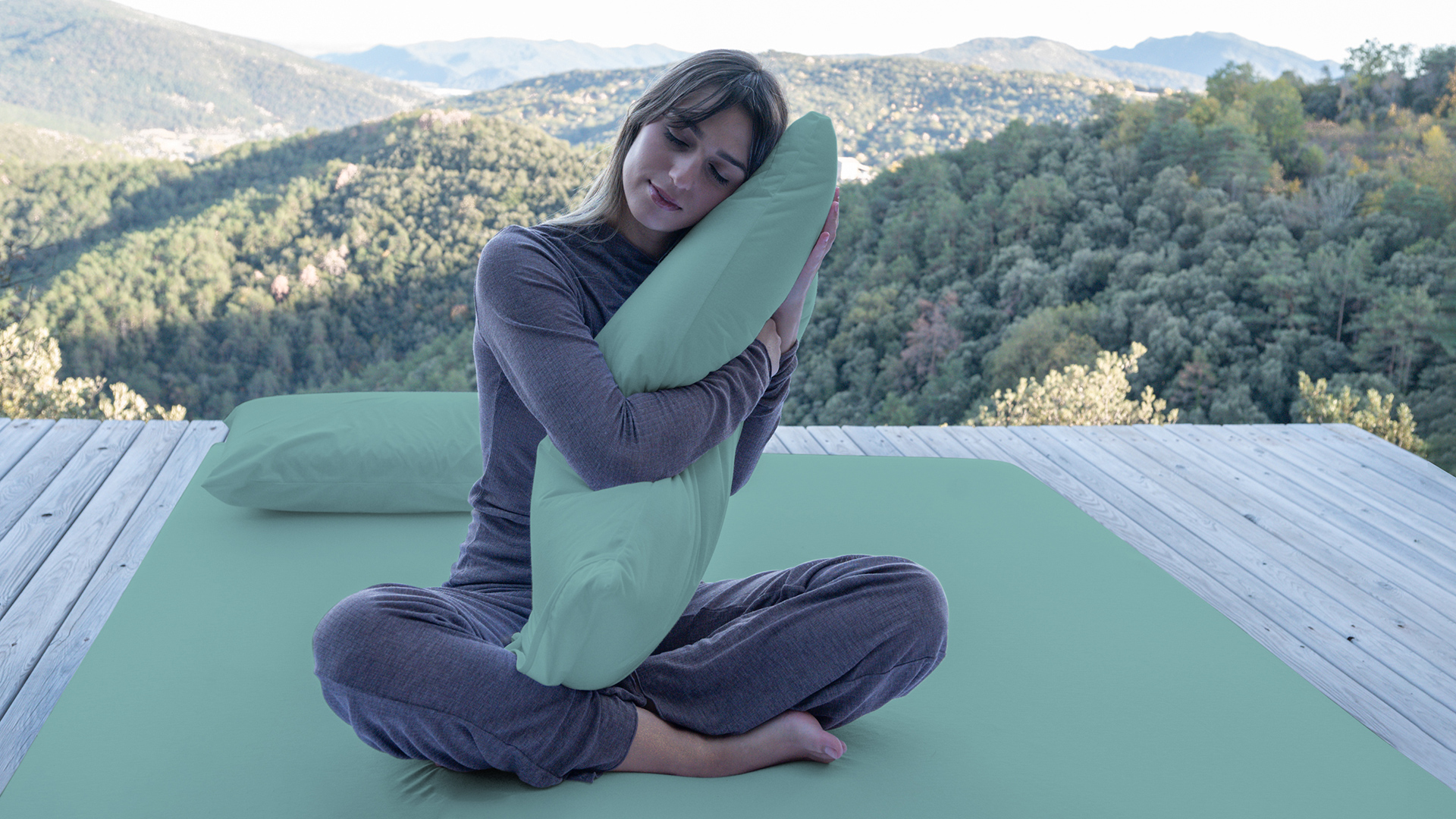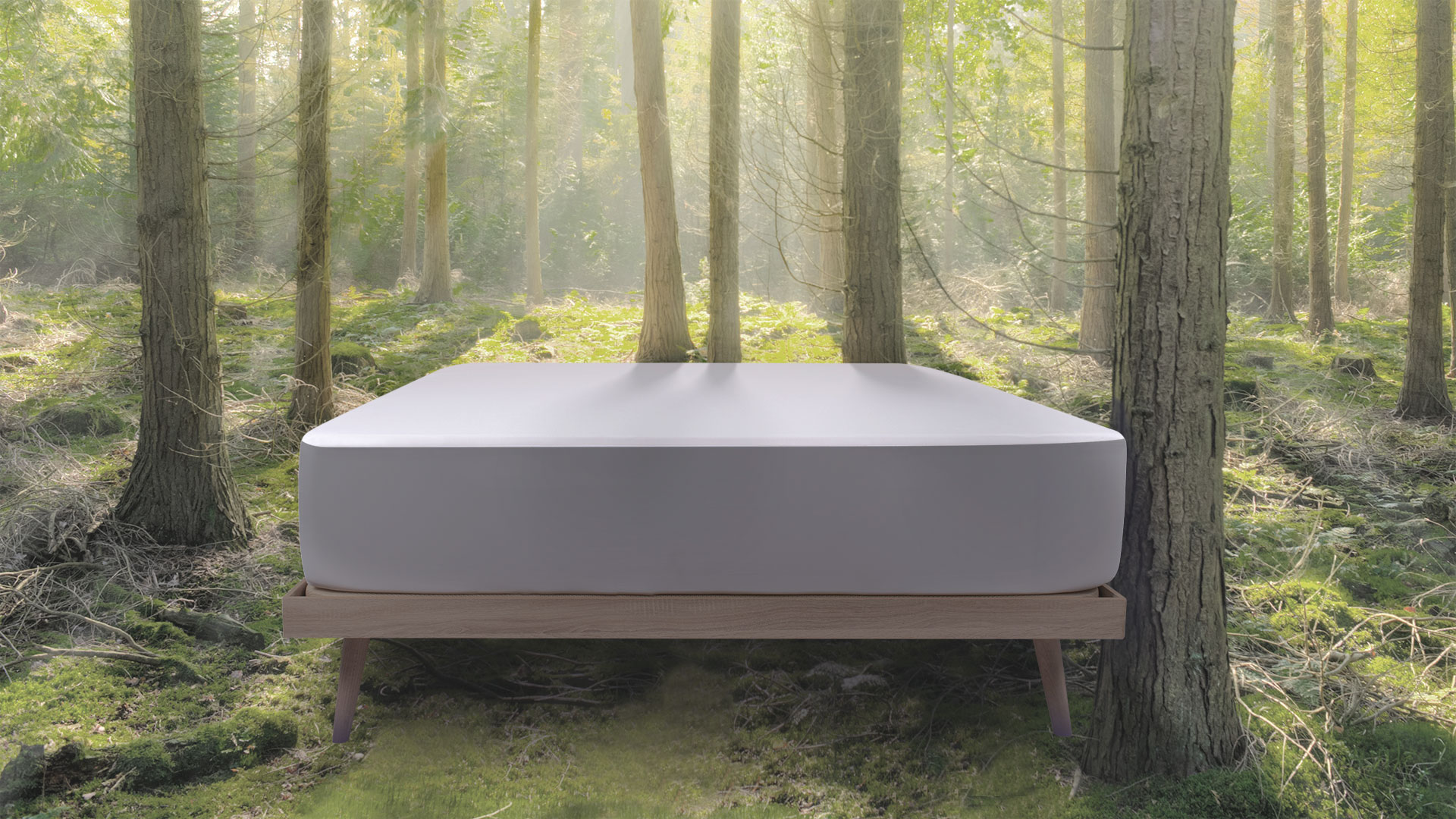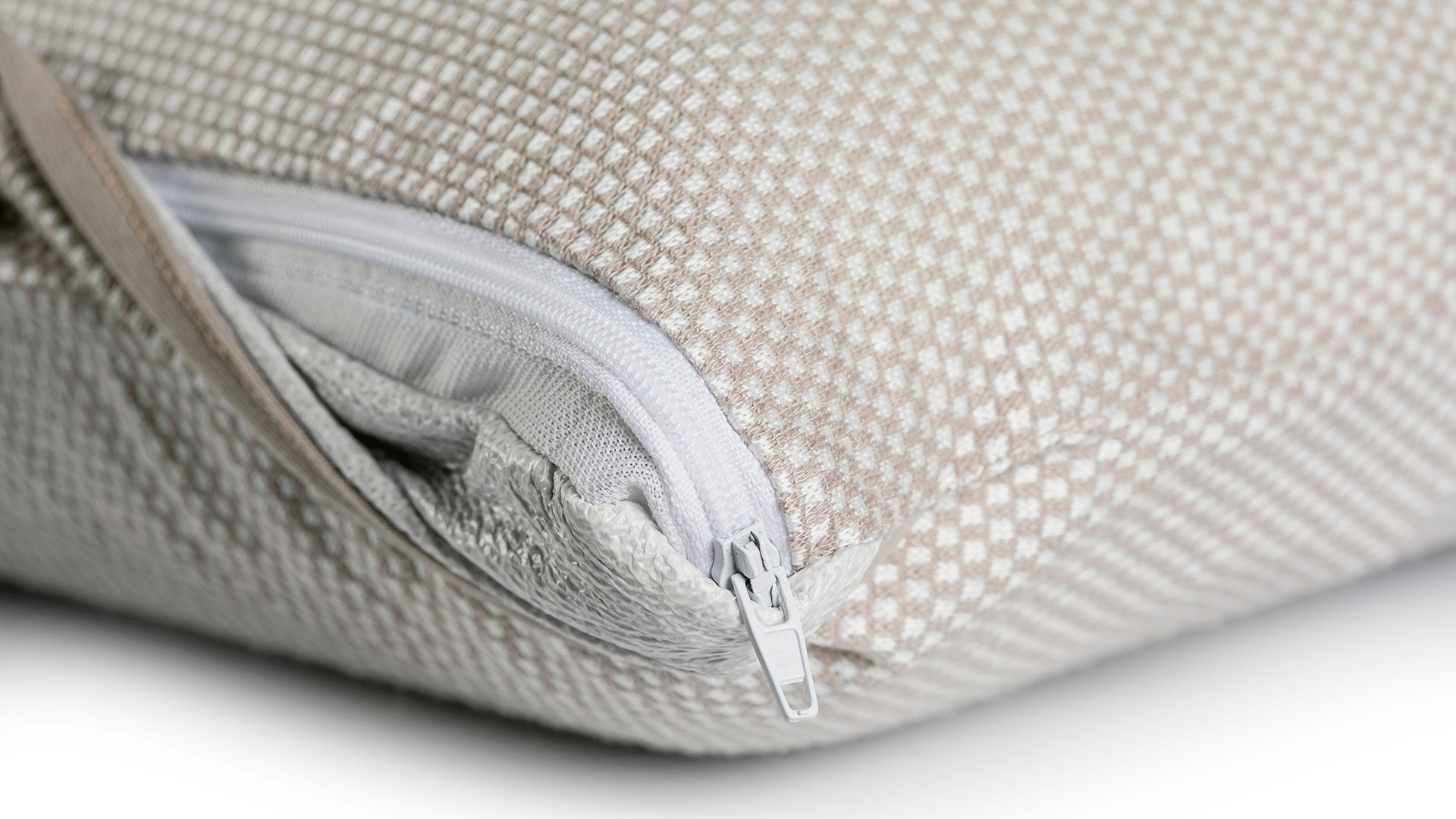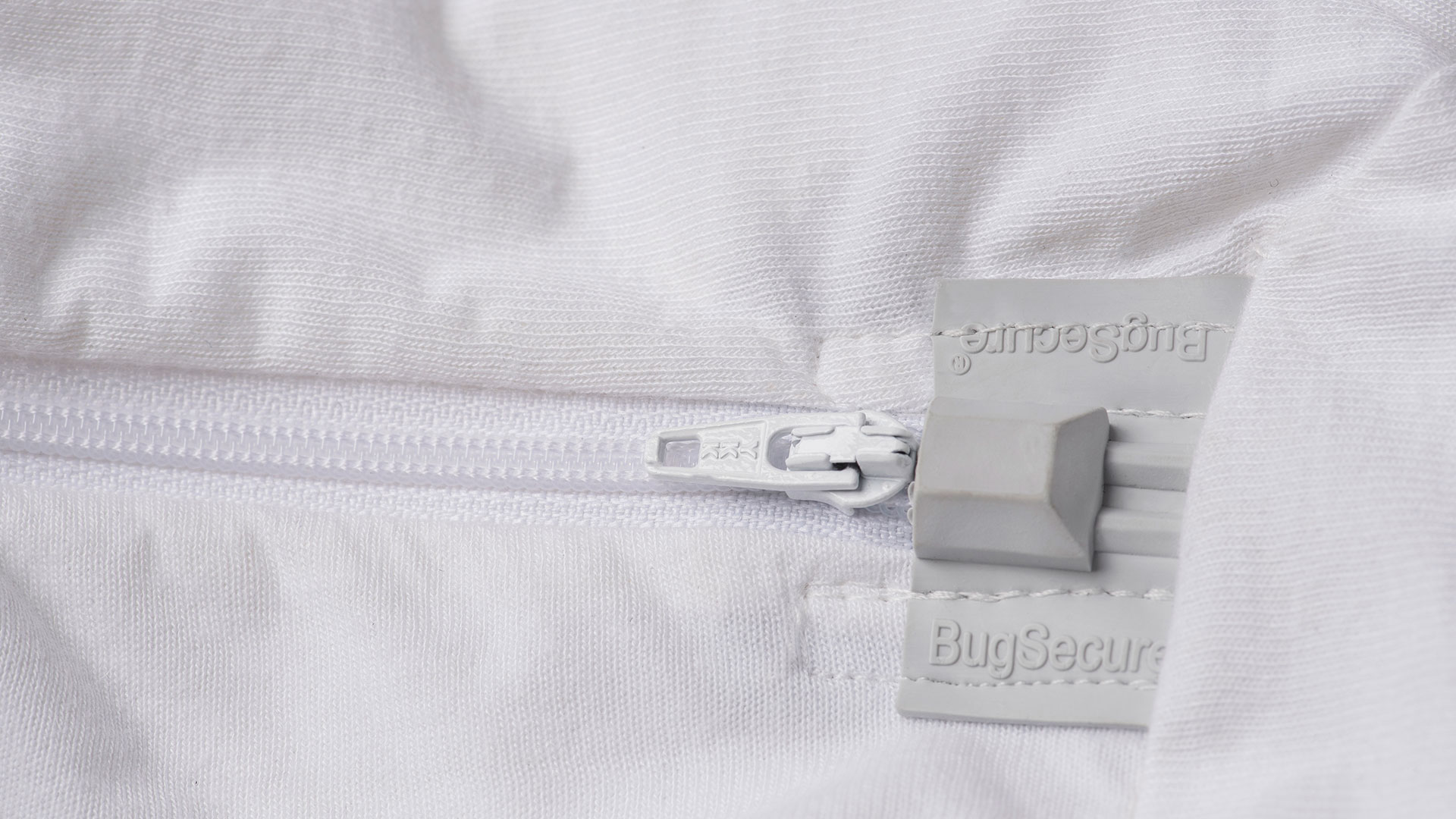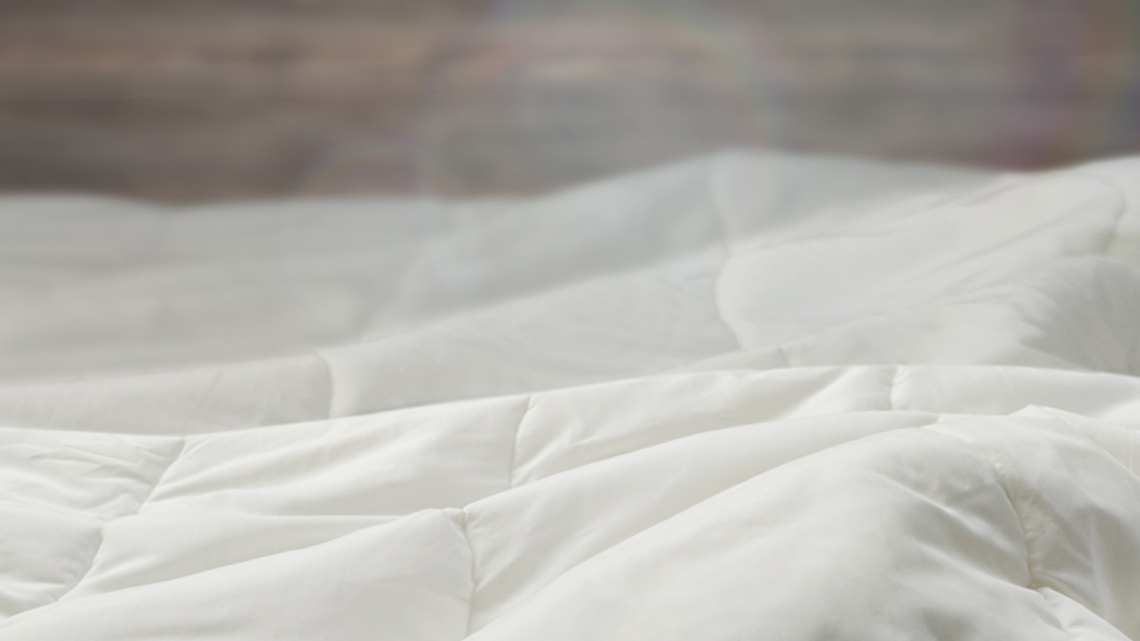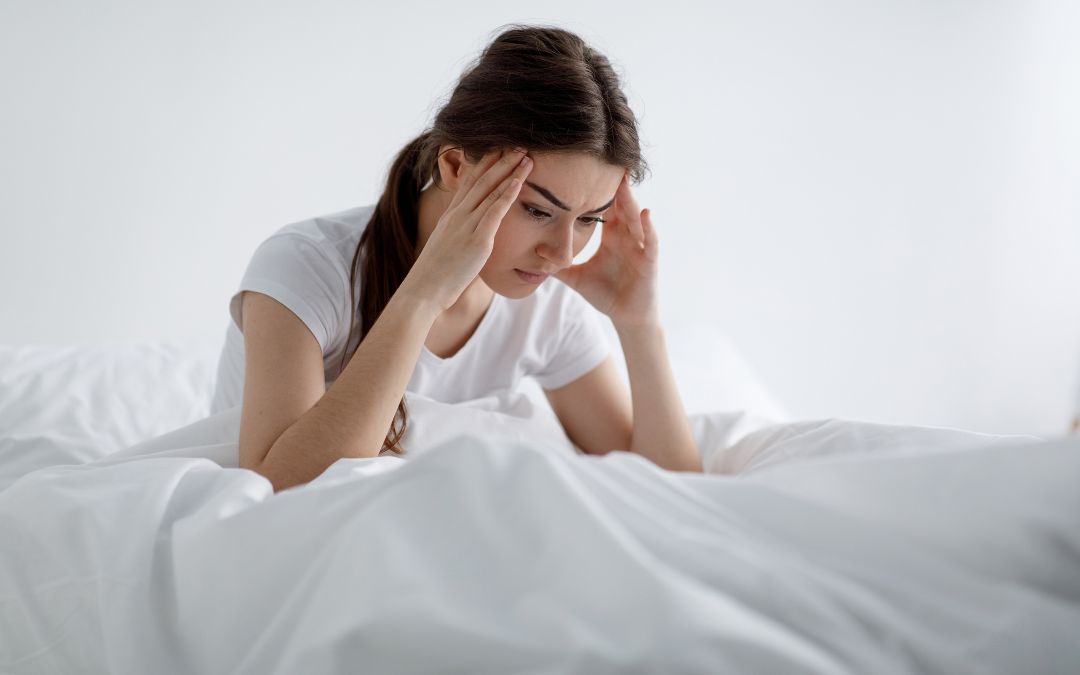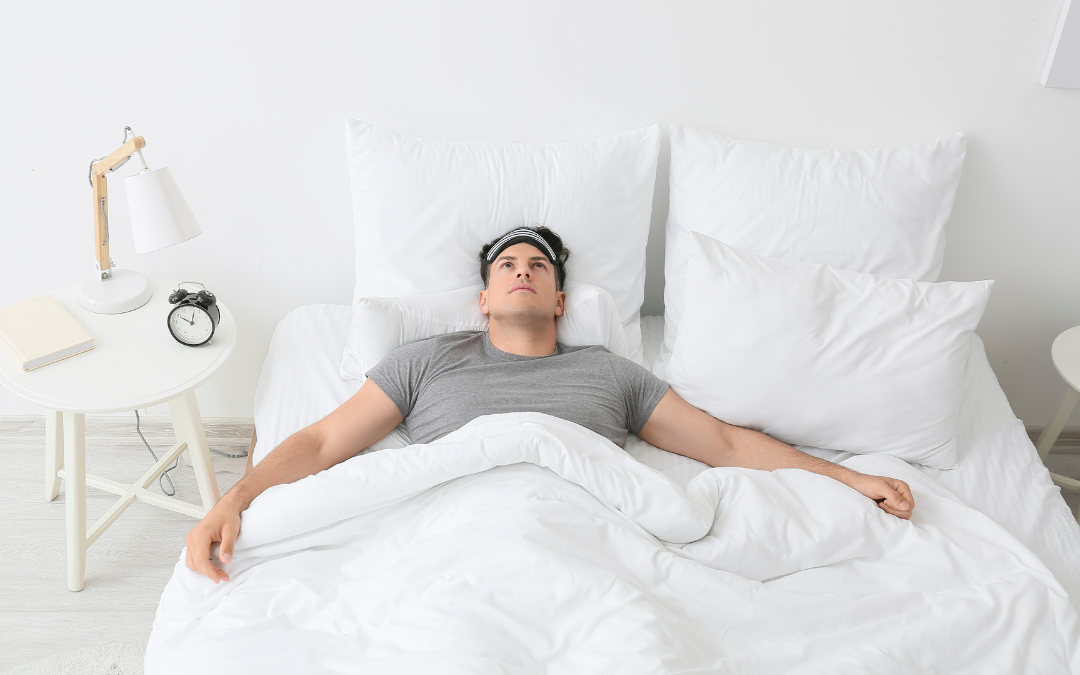News
Genetics and sleep: Your DNA could affect how you sleep
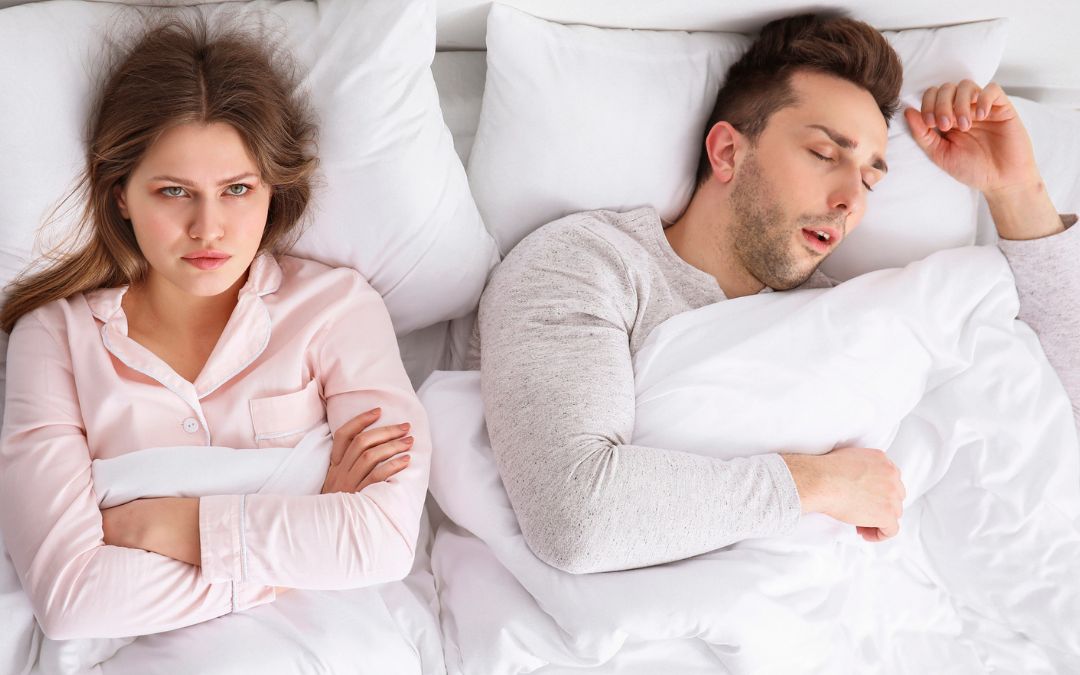
We all know someone who falls asleep in seconds and someone who tosses and turns for hours. Is it just a matter of habits, or is there something biological behind it? The truth is, your sleep patterns may be influenced by your DNA. Let’s explore the role genetics plays.
Hot sleepers and genetics
Do you often wake up feeling too warm? Genetics may be involved. The hypothalamus, your body’s internal thermostat, is influenced by your hormone levels, which are shaped in part by genetics. So if your entire family needs a fan, even in winter, you might’ve inherited the heat.
Nightmares, sleepwalking, and DNA
Some people are more likely to experience vivid dreams, sleep paralysis, or sleepwalking, and studies suggest there’s a genetic connection. While the environment still plays a part, a predisposition to these disturbances may run in families.
Microbiota and sleep: a genetic connection
Your gut helps produce neurotransmitters like serotonin, dopamine, and GABA—all of which support healthy sleep and mood. And guess what? The makeup of your microbiome is influenced by your genes. So, if you're not sleeping well and your digestion seems out of sync, your DNA could be the one stirring the pot.
Genetic variations in sleep needs
It is estimated that between 10 and 20% of people are more sensitive to sleep loss due to genetic variations, while others have a lower predisposition to insomnia. This shows how genetics influences not only how many hours you need to sleep, but also how you perform with little rest.
Your genes don’t fully determine your sleep patterns, but they do lay the foundation. But keep in mind that poor sleep can affect gene expression, so taking care of your sleep is key to your well-being.


